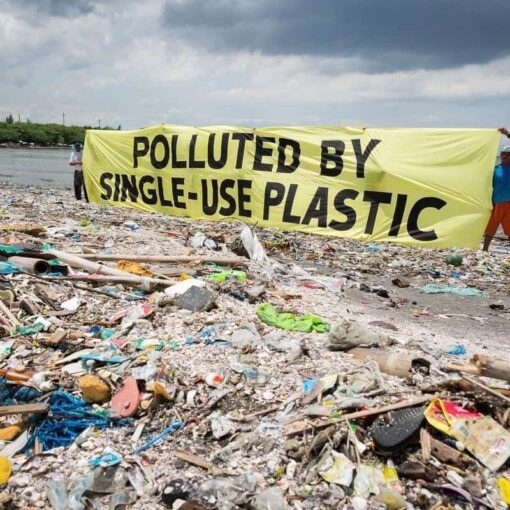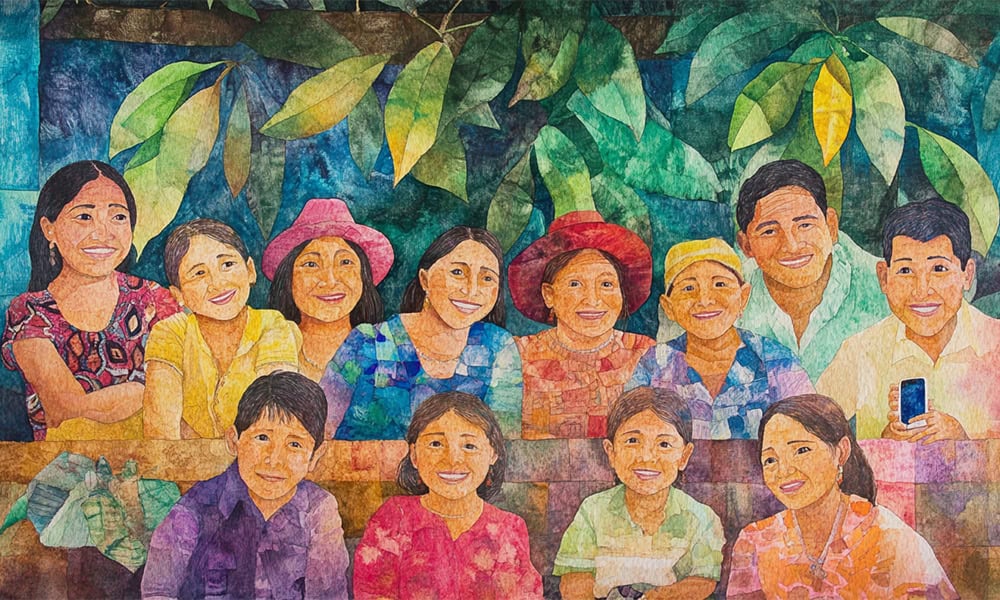RICO’S Q — You may be just as surprised as I am on this, there is no legislation in Costa Rica that regulates the entry of minors into motels, according to the Legal Advisory Board of the Patronato Nacional de la Infancia (PANI) – Children’s Trust.
This situation has come to light after the recent case of a minor (teenager) found by the authorities in a room where a corpse of a young woman was found.
According to a report by CRhoy.com, police sources confirmed that the young woman who appeared dead inside a motel in Tibás was a minor, who was accompanied by another woman under 18 years old. The discovery occurred around noon on Monday, March 3, inside an establishment in the area of Cinco Esquinas. The employees of the motel made the discovery.
– Advertisement –
“I do not find legislation that regulates the entry of minors into motels, since in these establishments they protect the ‘intimate sphere’ of the person,” reported the Legal Advisory Board when questioned on this.
The Advisory Board also noted that there is no way to register how many people and who enter a motel, except who pays for the service if by credit or debit card, but not if they do so in cash.
Kennly Garza, executive president of the PANI, indicated that they will carry out the necessary actions to fill this legal gap.
“Rest assured, and you could ask me next week, that we are taking steps to demonstrate this and to correct it normatively by speaking with other government agencies because this involves other parties as well,” she explained.
Garza stated that this is a very important issue for the country, especially at the tourism level, to avoid cases of child sexual exploitation.
“We would have to make a direct approach because we would blatantly be favoring the conditions for trafficking for sexual exploitation or other types of crimes to proliferate,” she explained.
– Advertisement –
The Legal Advisory Board and lawyers agree that the issue is not only a matter of legislation, but that it is also the responsibility of parents to ensure the integrity of children.
“The Código de la Niñez y la Adolescencia (Childhood and Adolescence Law) protects minors against abuse or exploitation and for this it is the responsibility of the State to defend them; however, in these places (motels) it is difficult to verify, unless they are reported, because of how they are regulated,” PANI reported.
Douglas Marín, an expert lawyer in family matters, said that there is a parental responsibility that requires parents to care for their children, according to the Childhood and Adolescence Law.
“Parents are the first to be called upon to exercise their authority to avoid danger to their children and if this is not complied with, it could even lead to the suspension of this parental responsibility,” he said.
– Advertisement –
For lawyer Diana Marín, it is evident that the entry of minors into these establishments should be expressly prohibited.
“Although it is true that most of the internal regulations of these places establish restrictions for the entry of minors, in practice there is no effective control system that guarantees compliance with this prohibition, nor that verifies the age of majority of those who enter,” she said.
Criminal lawyer Joseph Rivera commented that a call could be made to motels to request identification of the people who enter and leave.
“The PANI and the ICT (Instituto Costarricense de Turismo) should also call for an investigation and for campaigns to be carried out to prohibit the entry of minors and to ask for the identity card of those who enter,” he said.
Motels in Costa Rica are rooms for rent for a maximum of 12 hours. Accessing a motel is usually through a vehicle garage. Room prices are posted on signs outside the rooms or in the garage of each room. You don’t have to go inside to find out the price, which typically ranges between ¢7,000 and ¢25,000 colones, for two people.
Unlike the short-term hotels, operating under the same maximum 12-hour rule, in motels, for privacy reasons and to make sure visitors don’t get inconvenienced, there is no face-to-face contact with people who enter the room. Payment is made through a separation where no faces are visible.
Motels have been linked to adultery, but many committed couples choose to visit these places to break the routine and spice up their relationship.
– Advertisement –
Source link
Rico



